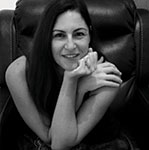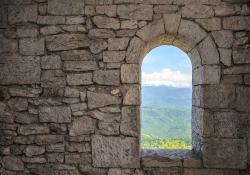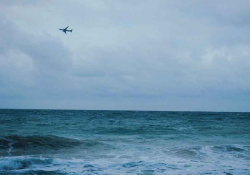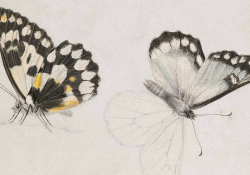Three Poems
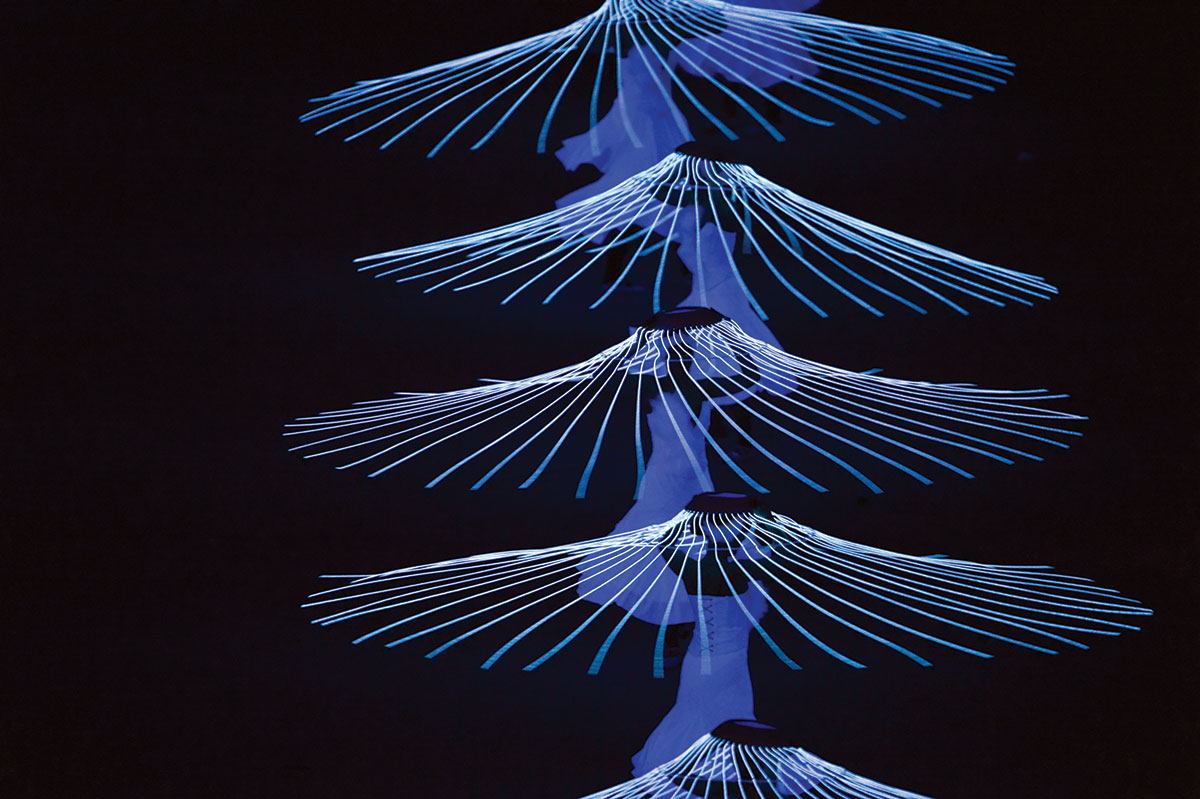
Body
For Hassan Rabeh, young dancer displaced from Syria, who killed himself by jumping from a seventh-floor balcony in Beirut, Wednesday, June 22, 2016
& perhaps you flew. I read the news, how you plunged from the seventh floor, a Beirut balcony,
& I am filled with a sound of sirens, a need to be alone. This war this theater this city this.
& I was at a Da Vinci exhibit at the museum this morning.
& what a blessing, to say I was at a Da Vinci exhibit this morning.
& he was a pacifist who designed killing machines, for money always comes from warlords.
& he, who like no other knew of the divine proportions of the body,
& he who preferred to trace limbs & ligaments
& the glide of bat wings in the air, he who preferred the theater,
& the projector, & the drum, & bridges, imagined the machine gun
& the submarine, & the tank, sculpted a bullet with a more precise dance.
& oh how the mind bends & how light & shadows fall.
& you, young dancer, tell me, what do you know of the flight of birds,
& of the difference between theatricality & war, dissection & witchcraft, dance & death?
& were you searching for your Palestine in Damascus, for your Damascus in Beirut,
& were you looking for Allah in the joint, the spine, the twirl?
& that last scribble your body made in the air, was that you,
& were you trying to write backwards, to lift instead?
& did you? Tell me, are the mountains blue in the distance?
& does poetry matter, & does dance?
& is there a bridge where the displaced go after they’re gone?
She Means It
Near the oven, Mom
holds my dad’s rifle
in his face, screams
she has had enough,
she can’t, not anymore, all this
food he keeps bringing into her kitchen:
the fish that need gutting – their eyes;
the crabs that need boiling – their smell;
the bouquets, the bouquets
of parsley – the hands
that chop, the days; all this
bread who needs it
white brown corn saj does he
have to try everything? All this
meat, this goddamn meat,
she yells, her freezer’s full,
no more room, no more.
She opens it, shows him
the ice has started to melt –
underneath, her heart.
grabs her heart,places it back
into her chest, announces
she’s leaving, this time
she means it.
Layla*
I am tired of the love poems Qays keeps
tracing for me in the sand. What a luxury,
to roam mad with love, be punished only
with a tender name – Majnun. The world will always
forgive the foolishness of men. I’m the one who endures
the weight of another in the night. I remind myself
to cup my breasts and say they are mine. My thighs
mine, mine. Sometimes I tell him No, not tonight,
I’m bleeding again, and he believes me.
It’s easy to believe anything about a body
that splits itself open and survives,
produces milk the next day. If I keep still
long enough, I hear the music inside
my veins; it sounds like women, singing.
Author note: Layla is the lover of Qays Bin Al Mulawwah, seventh-century Arab poet. He is known as “Majnun Layla,” which would translate as “gone mad with love for Layla.” The story is that Qays and Layla fell in love, but her father didn’t allow them to get married. He is said to have lost his mind and exiled himself into the wilderness, where he spent his time composing love poems for her. The name Layla means “one night.”
